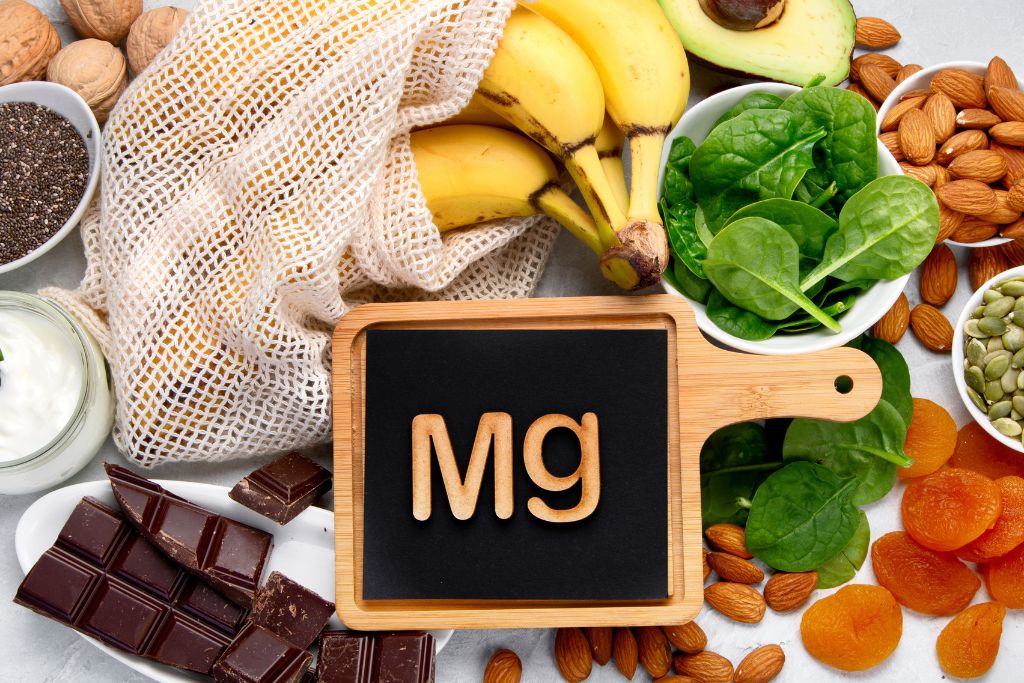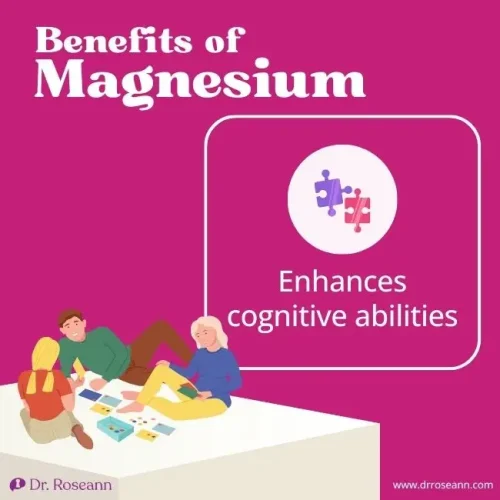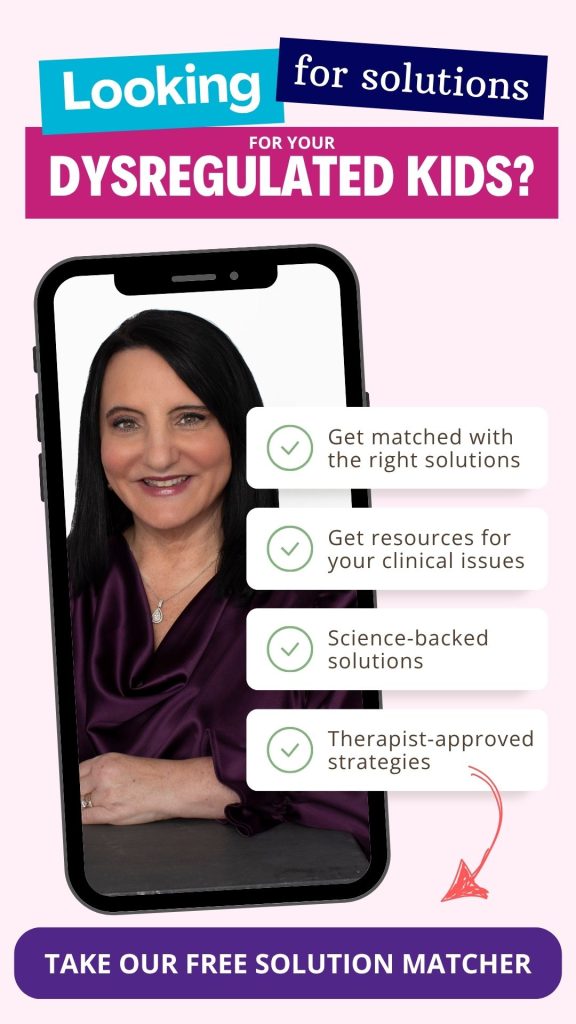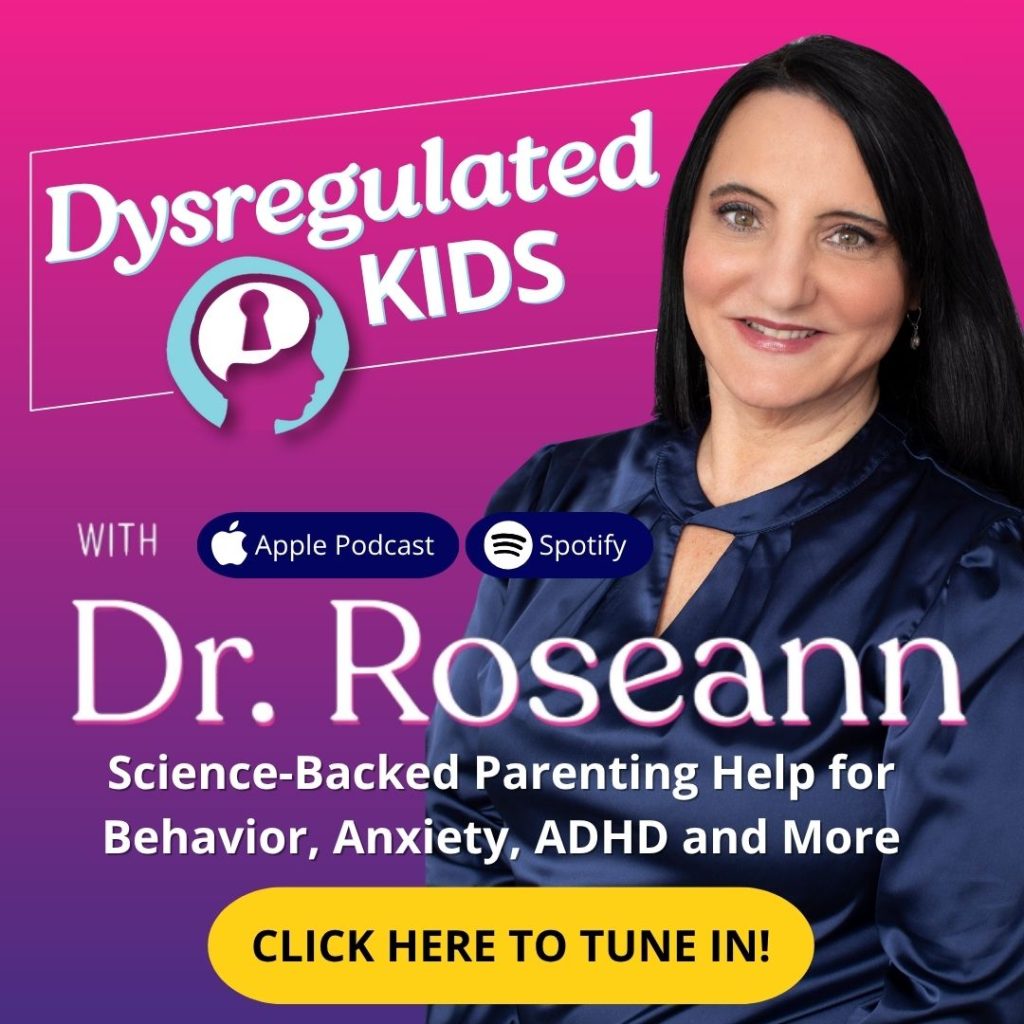
Estimated reading time: 7 minutes
If you’re doing your best to give your child the strongest foundation for learning, growth, and emotional health—here’s a secret way of building that. Parents often focus on food, sleep, and exercise, but there’s one quiet hero that doesn’t always get the attention it deserves: magnesium.
This powerhouse mineral fuels more than 300 processes in the body. It helps calm an anxious brain, strengthen growing bones, steady energy, support better sleep, and even keep skin healthy and glowing.
In this guide, I’ve broken down the 101 benefits of magnesium into simple, parent-friendly categories so you can see just how far-reaching its impact is on your child’s mind and body.

Cognitive & Learning Benefits of Magnesium
(Help your child’s brain stay focused, sharp, and learning-ready)
- Enhances concentration by calming overstimulated neural pathways
- Boosts alertness and readiness for learning
- Improves attention span, making it easier to finish tasks
- Strengthens memory recall for schoolwork and daily routines
- Amplifies learning capacity by supporting synaptic plasticity
- Sharpens mental acuity, problem-solving skills, and other cognitive functions (Baza et al., 2016)
- Improves overall academic performance
- Prevents cognitive fatigue during long school days
- Protects against age-related cognitive decline later in life
- Supports efficient communication between brain cells
Mood & Behavior Benefits of Magnesium
(Because behavior is communication — and magnesium helps balance it)
- Regulates mood swings
- Reduces irritability and emotional outbursts
- Assists in anxiety management (Hemamy et al., 2021)
- Supports emotional resilience
- Uplifts mood and promotes positivity
- Helps in managing depression symptoms
- Improves behavioral regulation
- Contributes to calm, cooperative behavior
- Reduces hyperactivity
- Enhances overall emotional well-being

Stress, Relaxation & Sleep Benefits
(The nervous system’s natural calmer)
- Lowers stress levels by regulating the HPA axis
- Promotes relaxation and a sense of calm
- Improves sleep onset (falling asleep faster)
- Enhances sleep quality for deeper rest (Hausenblas et al., 2024)
- Reduces nighttime awakenings
- Decreases symptoms of stress-induced disorders
- Relieves tension headaches caused by stress
- Assists in stress management during busy school days
- Encourages a relaxed mindset before bedtime
- Supports recovery from burnout and fatigue
Skin, Hair & Hormonal Health Benefits
(Visible wellness and inner balance)
- Improves skin hydration and elasticity
- Reduces acne and inflammation
- Eases eczema symptoms
- Promotes a natural skin glow
- Supports healthy hair growth
- Strengthens hair follicles to reduce thinning
- Prevents hair loss related to stress or hormonal shifts
- Balances hormones and reduces PMS symptoms
- Supports thyroid hormone production
- Aids insulin regulation and healthy metabolism

Immune & Inflammatory Benefits
(Helping kids fight off illness and bounce back faster)
- Boosts overall immunity
- Enhances white blood cell efficiency
- Fights inflammation linked to chronic illness
- Aids recovery from colds and infections
- Supports the immune system during times of stress
- Helps the body recognize and fight pathogens
- Strengthens natural defense mechanisms
- Reduces risk of autoimmune flare-ups
- Supports wound healing
- Maintains balanced immune response
Heart & Circulatory Benefits
(The mineral that keeps the heart steady and strong)
- Maintains normal heart rhythms
- Supports healthy blood pressure levels
- Prevents hypertension and its complications
- Improves circulation
- Strengthens heart muscle function
- Helps regulate both systolic and diastolic blood pressure
- Lowers risk of cardiovascular disease later in life
- Aids in cholesterol balance
- Prevents arterial stiffness
- Contributes to overall heart health

Bone, Muscle & Energy Benefits
(Strong bones, fewer cramps, more energy to play and learn)
- Increases bone mineral density
- Strengthens developing bones in kids and teens
- Supports calcium absorption and bone health
- Prevents osteoporosis risk later in life
- Reduces muscle cramps and spasms
- Improves athletic recovery in active children
- Boosts energy production at the cellular level
- Prevents fatigue during school and sports
- Enhances motor coordination
- Improves overall muscle function
General Wellness Benefits
(The everyday ways magnesium supports health)
- Supports healthy digestion and bowel regularity
- Reduces risk of type 2 diabetes
- Helps regulate blood sugar balance
- Promotes healthy vision and eye function
- Reduces frequency of migraines and headaches
- Aids in nerve impulse transmission
- Supports electrolyte balance
- Prevents magnesium deficiency symptoms
- Improves resilience against environmental toxins
- Contributes to overall lifelong wellness
Key Takeaway
When you step back and see the full picture, magnesium isn’t just a “nice-to-have”—it’s a true essential for your child’s well-being. Whether it’s helping them focus in school, settle into calmer moods, power through the day with steady energy, or build strong bones for all that growing, magnesium is quietly working behind the scenes to support nearly every part of your child’s health and development.
How to Support Your Child’s Magnesium Levels
While diet and lifestyle are always the first step, sometimes kids need extra help. That’s why I formulated Neurotastic Multi-Mag Brain Formula — blending the most bioavailable forms of magnesium to support focus, calm, and healthy development. It’s just one of the tools I use with families when diet alone isn’t enough.
Always check with your child’s healthcare provider before starting supplementation, so you know you’re meeting your child’s unique needs.
FAQs About the Benefits of Magnesium
What are the top 5 benefits of magnesium?
Better focus, improved sleep, calmer mood, stronger bones, and heart health.
Is magnesium safe for kids?
Yes, in appropriate doses. Always check with your pediatrician for guidance.
Can magnesium really help with anxiety?
Research shows magnesium plays a big role in calming the nervous system and reducing anxious feelings.
What happens if my child doesn’t get enough magnesium?
Deficiency can show up as sleep problems, irritability, poor focus, or muscle cramps.
Citations
El Baza, F., Alshahawi, H., Zahra, S., and AbdelHakim, R. (2016). Magnesium supplementation in children with attention deficit hyperactivity disorder. Egyptian J. Med. Hum. Gen. 17(1). https://doi.org/10.1016/j.ejmhg.2015.05.008.
Hausenblas, H., Lynch, T., Hooper, S., Shrestha, A., Rosendale, D., and Gu, J. (2024). Magnesium L -threonate improves sleep quality and daytime functioning in adults with self-reported sleep problems: a randomized controlled trial. Sleep Medicine 8. https://doi.org/10.1016/j.sleepx.2024.100121.
Hemamy, M., Pahlavani, N., Amanollahi, A., Islam, S., McVicar, J., Askari, g., and Malekahmadi, M. (2021). The effect of vitamin D and magnesium supplementation on the mental health status of attention-deficit hyperactive children: a randomized controlled trial. BMC Pediatr, 21(178). https://doi.org/10.1186/s12887-021-02631-1.
Always remember... “Calm Brain, Happy Family™”
Disclaimer: This article is not intended to give health advice and it is recommended to consult with a physician before beginning any new wellness regime. *The effectiveness of diagnosis and treatment vary by patient and condition. Dr. Roseann Capanna-Hodge, LLC does not guarantee certain results.
Are you looking for SOLUTIONS for your struggling child or teen?
Dr. Roseann and her team are all about science-backed solutions, so you are in the right place!


%20.png)
















